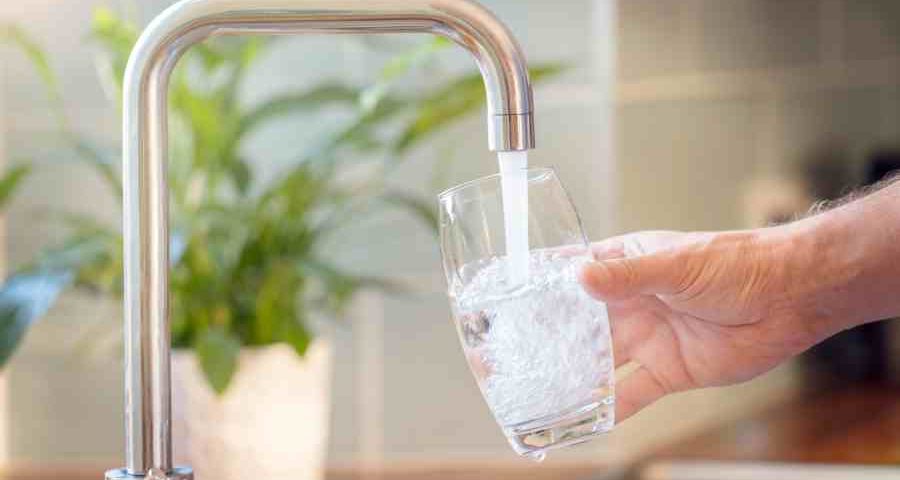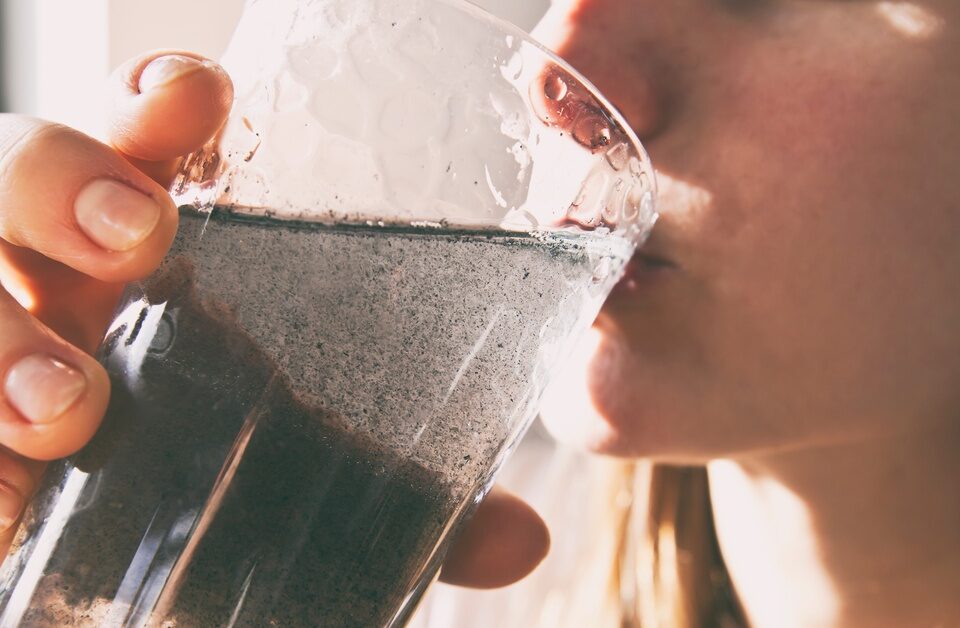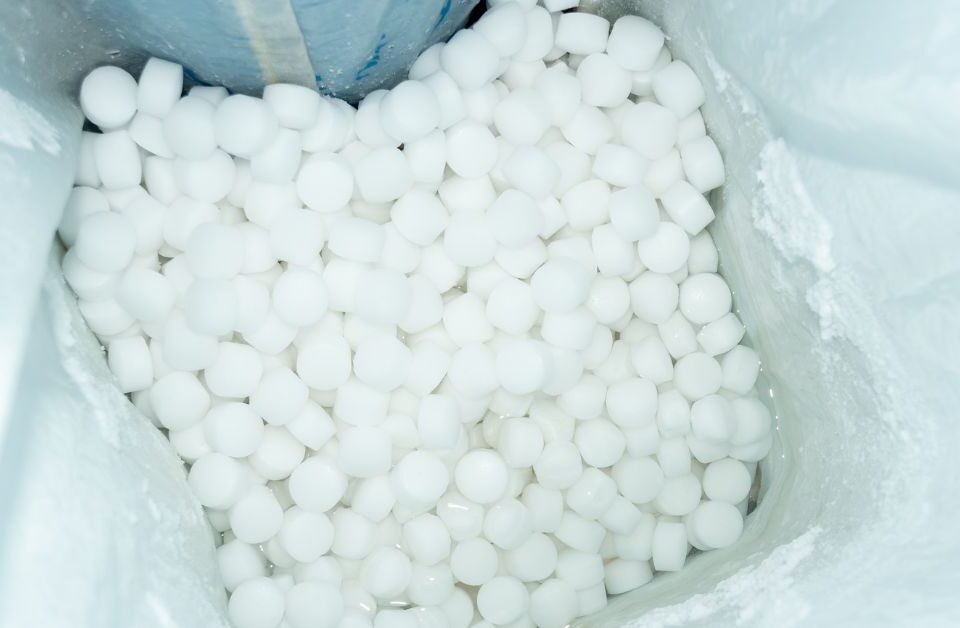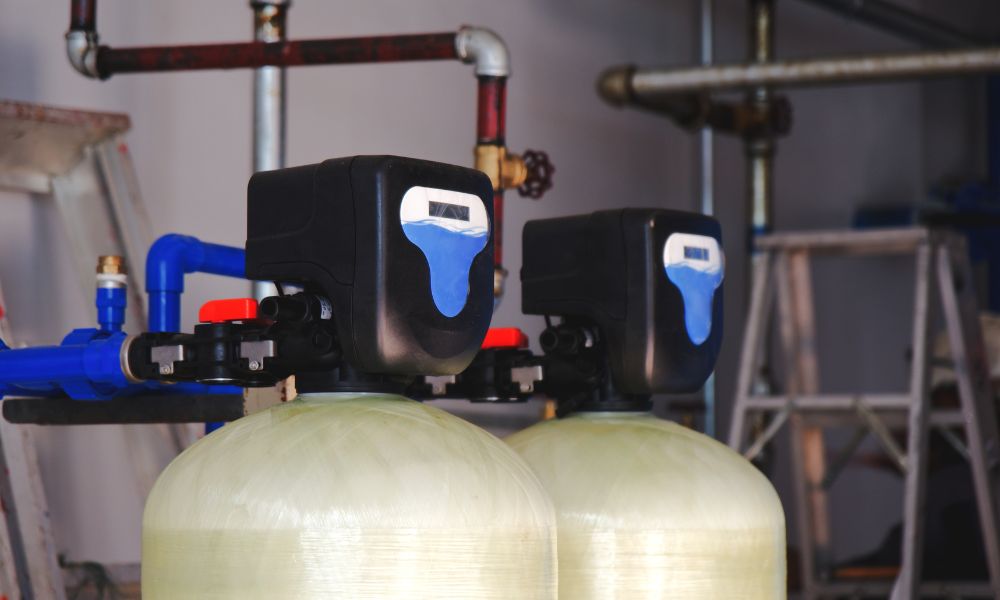
What Are Maryland’s Most Common Water Issues?
May 8, 2024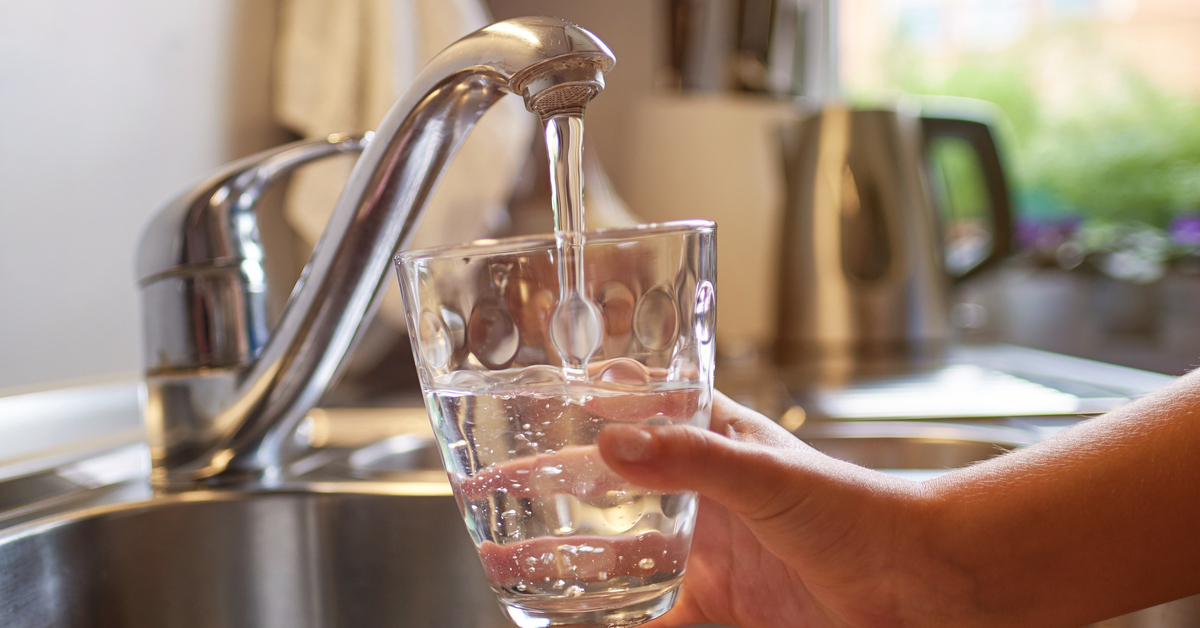
Why Well Water Needs a Filtration System
July 8, 2024Clean, fresh water is essential for every household. But in some cases, your home’s tap water may not be suitable for drinking or use in appliances. Water conditioners effectively improve your home’s water quality, ensuring your water is not only safe to drink but also gentle on your plumbing. Let’s dive into what water conditioners do and why you might want one in your home.
What Is the Purpose of a Water Conditioner?
Water conditioners are designed to remove contaminants and impurities from water, making it safe for consumption. Unlike water softeners, they don’t remove calcium and magnesium from water but instead treat it to minimize hardness. Furthermore, water conditioning systems can extend the lifespan of plumbing systems by preventing scale build-up and the annoying blockages that come with it.
How Water Conditioners Work
Water conditioners treat the minerals responsible for hard water, primarily calcium and magnesium. Essentially, these systems use an ion exchange process in which sodium ions replace magnesium and calcium ions. This process modifies the structure of hard minerals so that they can’t form scale rather than remove them entirely.
Salt-based systems remove minerals from the water, while salt-free systems use template-assisted crystallization. A typical water conditioning system setup includes a resin tank, brine tank, control valve, and mineral tank. As water enters the resin tank, it passes through beads that attract and trap minerals. After this occurs, the system goes through a regeneration cycle to flush out calcium and magnesium.
Benefits of Water Conditioners
There are several benefits of water conditioners related to improving your water quality and removing hard minerals. Here are some key advantages to installing a water conditioning system in your home:
- Odor reduction: These systems remove odor-causing contaminants such as chlorine
- Improved taste: Enjoy better-tasting water straight from your tap
- Longer pipe lifetime: Minimize the risk of pipe blockages and extend the life of your plumbing
- Reduced scaling: Protect your appliances and reduce maintenance costs by preventing scale buildup
- Softer skin and hair: Enjoy the benefits of softer skin and hair with conditioned water
Water conditioners play a crucial role in maintaining high water quality in your home. If you’re facing issues with hard water, rust, or limescale, a water conditioner might be the perfect solution for you. To start improving your home’s water quality, consult Delmarva Water Solutions. Enjoy the perks of clean, fresh water today.

